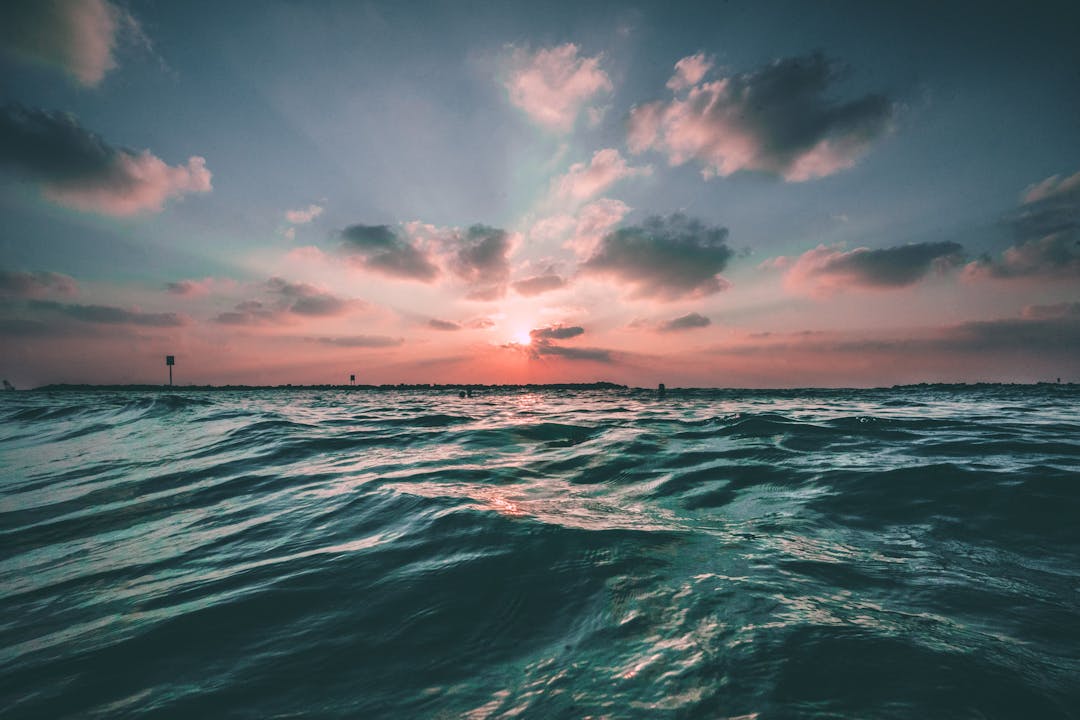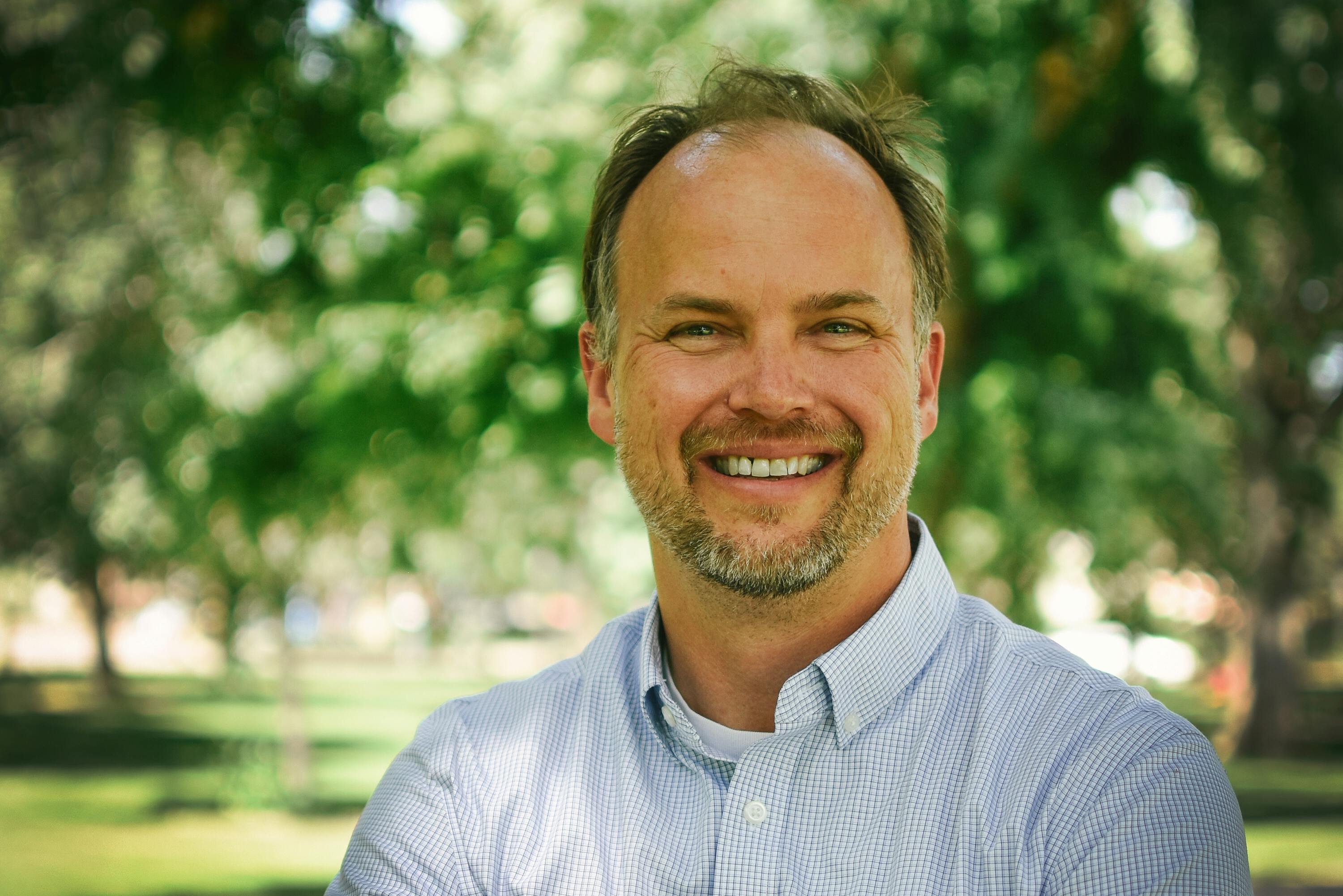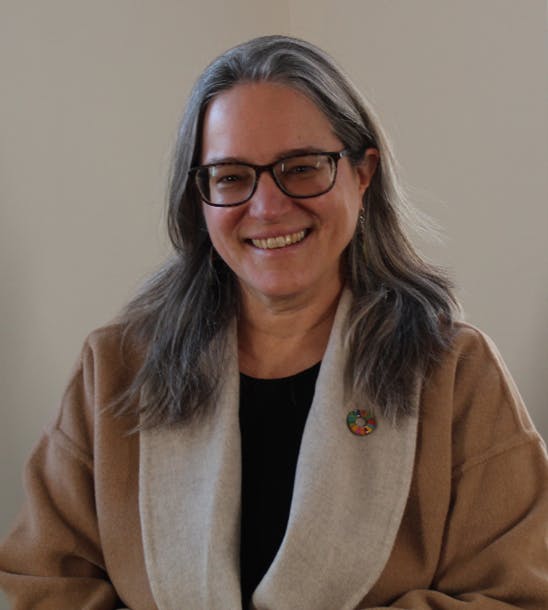Social and Health Impacts of Changing Water Resources and Ecosystems
Consultation has concluded

Introduction and Objectives
In 2020 the Minnesota Environmental Quality Board released the State Water Plan, which provides a road map for protecting, maintaining, and restoring, where necessary, our pristine freshwater habitats and assuring that all Minnesotans have access to safe, affordable, and sustainable water. Many goals in this plan fall under the responsibilities of specific state agencies, but one strategy in particular is assigned to all agencies and has lacked a strong and coordinated implementation approach. Strategy 4 under Goal 5 focuses on community and health impacts of changing water resources. The University of Minnesota “Water in the Sustainable Development Goals” Water Circle working group, together with the Minnesota Environmental Quality Board are hosting a half-day facilitated workshop focused on establishing collaborative university-government partnerships to advance this strategy.
Purpose
To enhance collective knowledge, bolster collaborative and translational research, and accelerate progress toward addressing Goal 5, Strategy 4 of the 2020 State Water Plan - conduct research and engagement to address impacts of changing water resources and ecosystems on mental health and well being.
Workshop Goals
- Better understand university and state resources related to community values and beliefs, especially vulnerable communities directly impacted, that can inform water resource planning.
- Initiate and foster university-government partnerships to pursue collaborative research and funding opportunities that reflect the values and inclusion of vulnerable communities within water resource planning and management.
- Identify opportunities to advance collaborative research that will achieve goals laid out in Goal 5, Strategy 4 of the state water plan (Actions 4.1-4.3):
- Action 4.1: Research the mental and emotional impacts of changing water resources and ecosystems due to climate change, particularly among those who are vulnerable to the effects of climate change (e.g., farmers and Indigenous persons), and identify potential strategies and resources that support mental health.
- Action 4.2: Research community values and beliefs surrounding water, including vulnerable communities, and work to integrate those values and beliefs into water resource planning.
- Action 4.3: Strengthen networks and build community around water resources through cultural activities and citizen resource monitoring opportunities.
- Brainstorm opportunities for “community science” and community engagement around water resources and ecosystem health.






